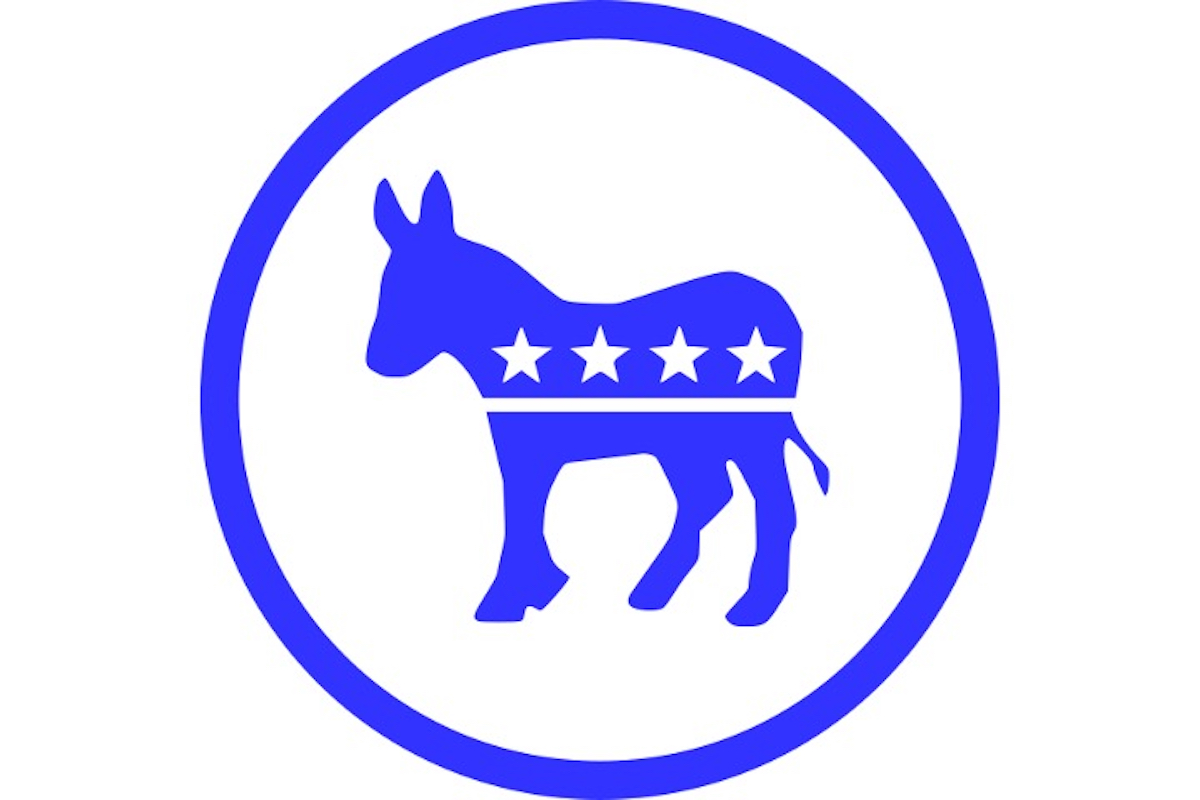Diet sodas are often marketed as 'healthier' alternatives to regular sodas, but an ex-USDA food expert has warned they are just as bad, if not worse, for your health.
Dr Darin Detwiler told DailyMail.com that sodas, whether regular or diet, 'raise significant concerns due to their ingredients and level of ultra-processing.'
While regular soda is primarily criticized for its high sugar content, Dr Detwiler highlights that diet soda substitutes sugar with artificial sweeteners and 'often adds other chemicals that may pose health risks.'
Diet sodas are sweetened by artificial sugars such as aspartame, sucralose, and saccharin to reduce calorie content.
However, these can wreak havoc on the metabolism and 'may alter the body’s ability to regulate blood sugar, increasing the risk of Type-2 diabetes over time.'
Studies have shown the sweeteners, can negatively impact the gut microbiome, potentially leading to inflammation and metabolic disorders.
Michelle Routhenstein, a preventive cardiology dietitian and heart health expert, told this website that synthetic sweeteners, 'may impair insulin sensitivity, which can promote fat accumulation in the liver.'
Additionally, animal studies have shown these sweeteners can increase fat storage in the liver and raise markers of insulin resistance, 'a key factor in the development of non-alcoholic fatty liver disease.'
Diet sodas are often marketed as a 'healthier' alternative to regular sodas, but an ex-USDA food expert has warned that they are just as bad, if not worse, for your health
In 2023, the World Health Organization deemed aspartame, the artificial sweetener in Diet Coke, a possible carcinogen, meaning it can cause cancer.
However, the FDA disagrees with the findings that were conducted by the International Agency for Research on Cancer, stating the research had 'significant shortcomings.'
While many people turn to diet soda packed with sweeteners instead of sugar in a bid to keep their weight in check, Dr Detwiler says those drinks can actually have the opposite effect.
He explains: 'The lack of calories in diet sodas may psychologically encourage overconsumption of other calorie-dense foods. Someone might order a diet soda but then opt for a double cheeseburger instead of a single.'
Along with sweeteners, Dr Detwiler says there are other chemicals lurking in soda - both full calorie and diet - which could have harmful effects.
Caramel color is a common ingredient in colas and other dark soft drinks, and a possible human carcinogen - 4-MEI - is formed during the manufacturing of some kinds of the coloring.
Dr Detwiler notes that more colorful sodas, such as orange or grape soda, use synthetic dyes like Red 40 and Yellow 5, 'which have been associated with hyperactivity in children and potential allergic reactions in sensitive individuals.'
Another of Dr Detwiler's concerns are the different preservatives added to sodas to increase acidity, enhance flavor, and act as a preservative.
Phosphoric acid is one additive found in full-fat and diet sodas but it has been linked to the development of kidney stones, chronic kidney disease, and urine changes.
This is often consumed in conjunction with sodium benzoate - another popular preservative - which has been linked to asthma attacks, muscle spasms and fatigue, recurring eczema and other skin rashes un excess.
Dr Darin Detwiler told DailyMail.com that sodas, whether regular or diet, 'raise significant concerns due to their ingredients and level of ultra-processing.'
While many people assume diet soda is better for your teeth as there is no sugar, Dr Detwiler highlights that the use of acids as a preservative and flavor enhancer eats away at tooth enamel and causes acid erosion.
From his own experience and in conversations with weight-loss doctors and health professionals, he says he can 'confidently say that no reputable physician or dietitian would recommend diet sodas as part of a healthy lifestyle.'
Instead, of sodas - both regular and diet - he suggests choosing natural, minimally processed beverages such as water, herbal teas, or sparkling water with a 'splash' of natural flavor.
He concludes: 'The bottom line: There is little to nothing healthy or positive to gain from drinking diet sodas.
'They may seem like an easy swap, but in reality, they are a chemical-laden distraction from truly nourishing choices that support long-term health and well-being.
'Personally, for about 15 years I have avoided sodas - except for an occasional ginger ale. I would be surprised if I drank more than four or five a year.
'This is not a food safety issue, but of choice. My dental hygienist once commented that she could tell I don’t drink sodas. What does that tell you about what they can do to one’s teeth!'

 By Daily Mail (U.S.) | Created at 2024-11-19 19:12:44 | Updated at 2024-11-23 16:30:06
3 days ago
By Daily Mail (U.S.) | Created at 2024-11-19 19:12:44 | Updated at 2024-11-23 16:30:06
3 days ago








